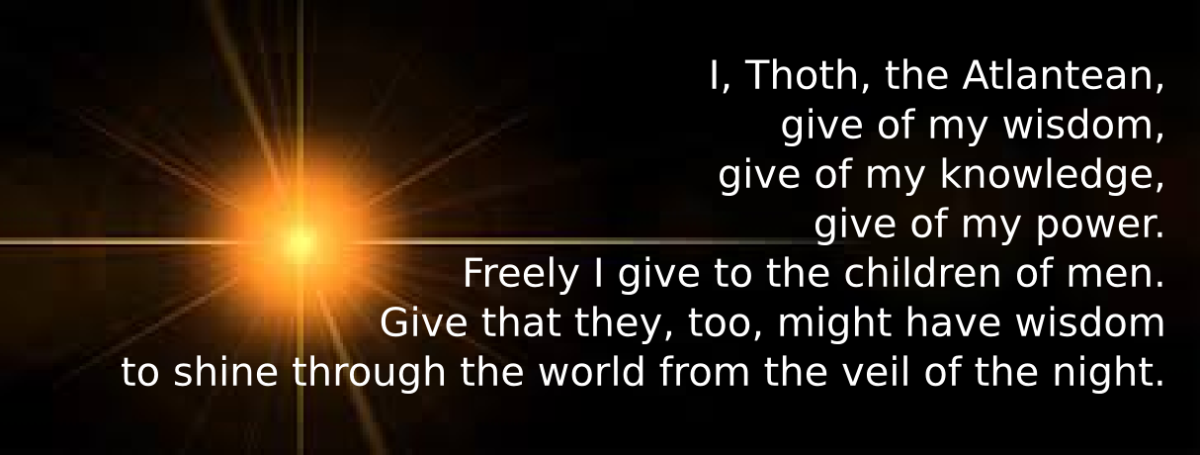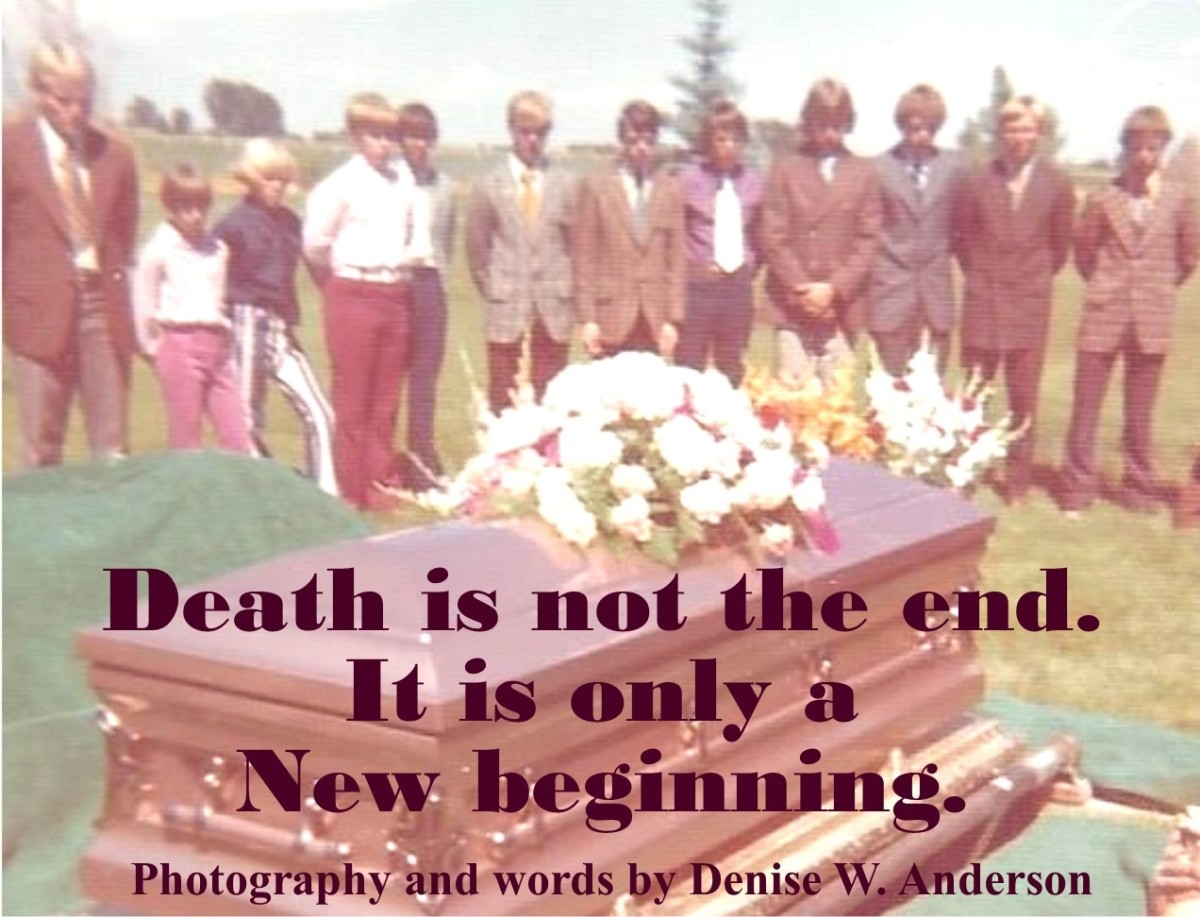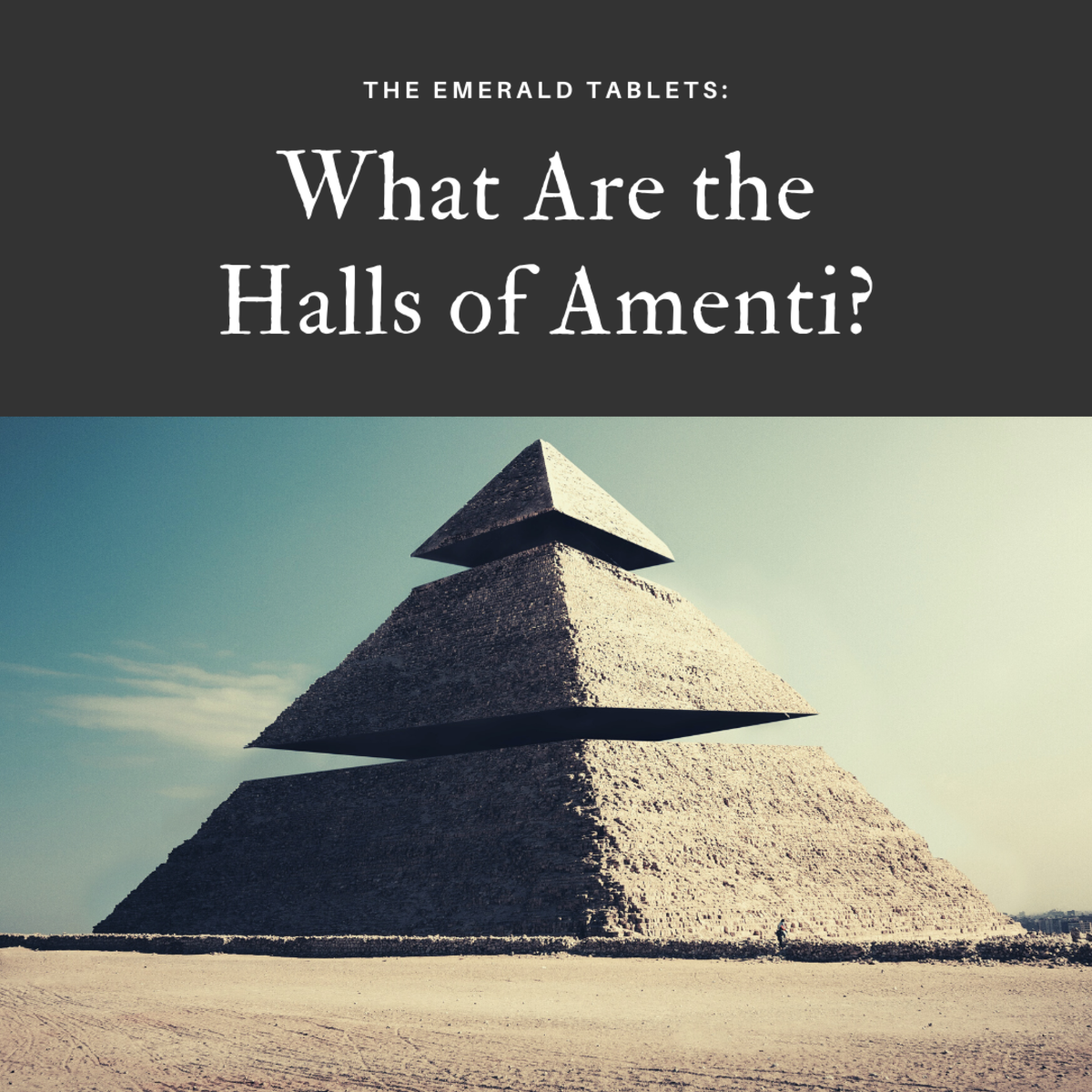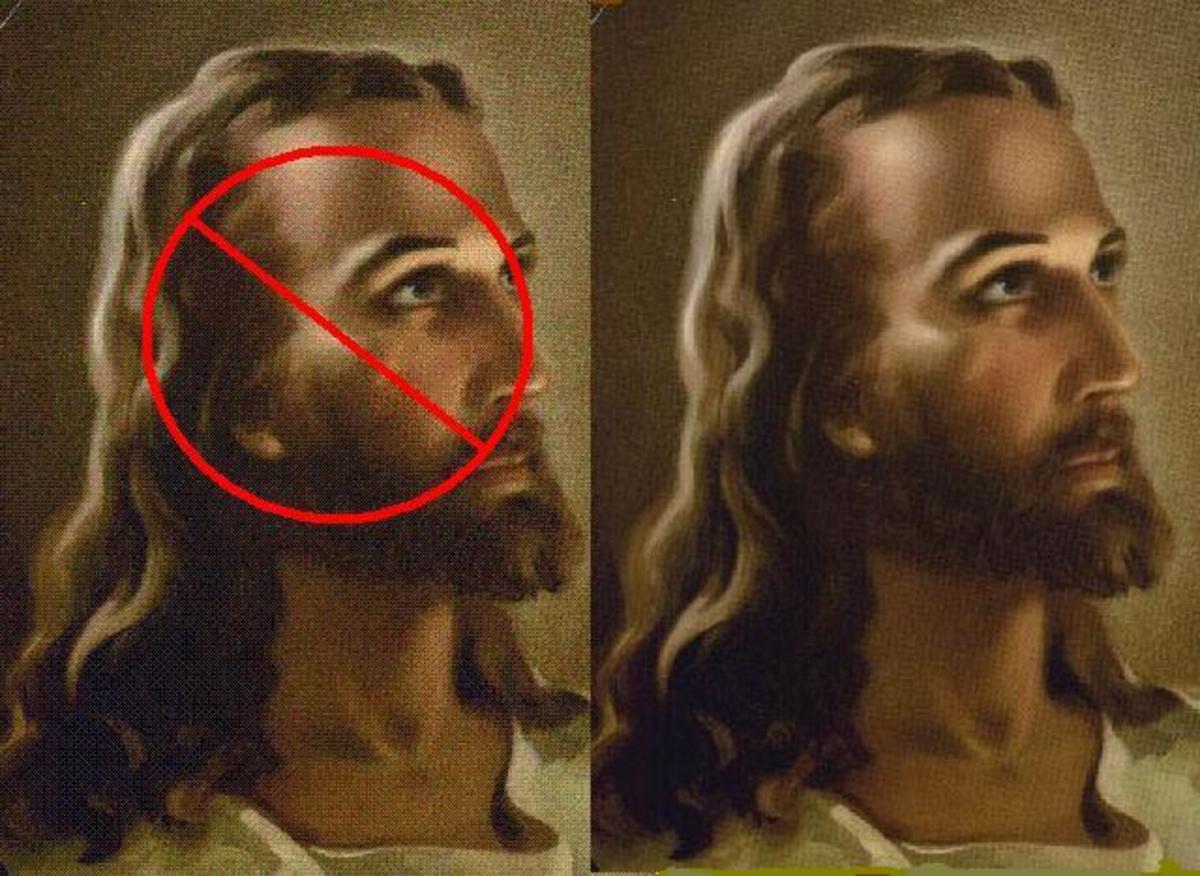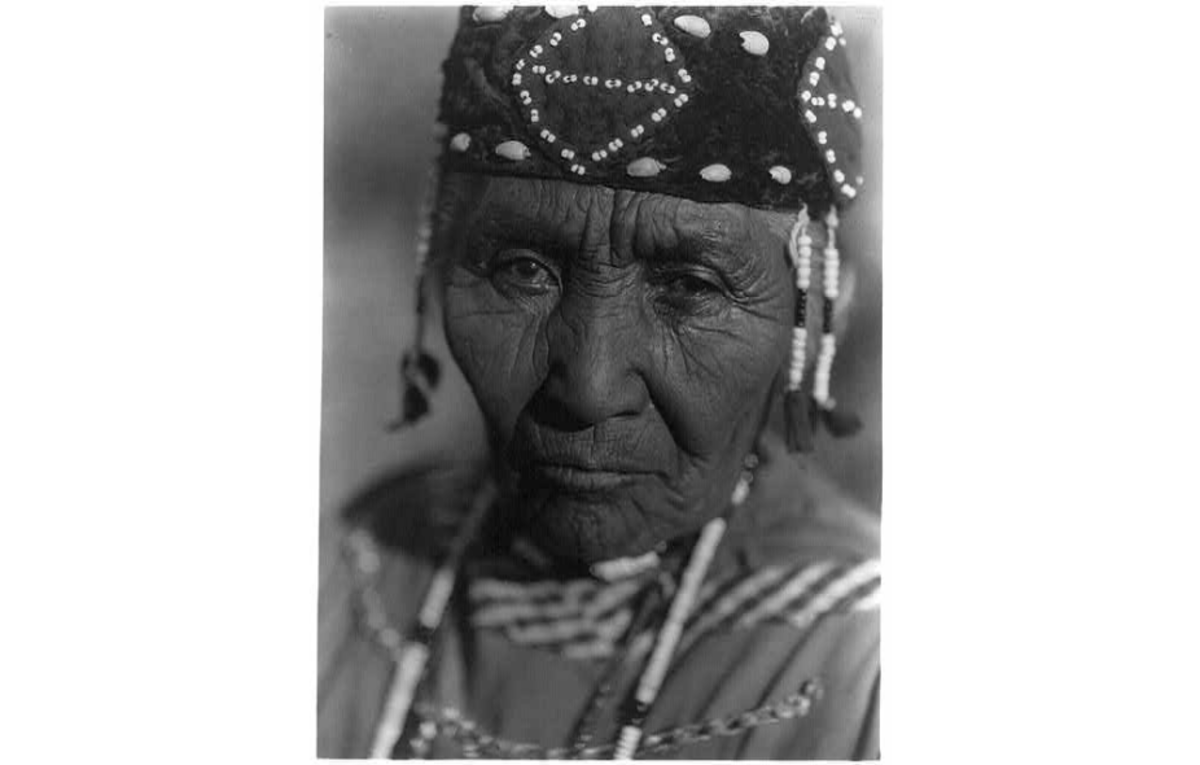What is Your Worldview
Do you believe in evolution? Creation? Or do you believe that nature is God? Your answer depends on your worldview.
Just when you thought life was complicated or simple enough, here I come with another perspective to make your day a little heavier. Or lighter.
Recently, I came across a very well researched paper ‘Worldviews, Contemporary Culture, and Adventist Thought’ by an educational administrator, Humberto Rasi. He had presented it at a Bible Symposium in 2000. I liked the paper because it summarised for me a number of issues that I wanted to have summarised for me!
In this article I will share with you some of the points that I am sure will help you to understand where you stand. Or fall.
What is a world view? In Mr Rasi's words: “Every mature human being-whether they realize it or not-has a worldview, that is, a comprehensive perspective of the universe and of life, from which they understand their existence, make choices, establish priorities, and chart their destiny.”
Mr Rasi is very clear that world view is a comprehensive, a global, a grand all encompassing view of the cosmos through which we interpret life and make decisions. It seems to me that we do not stop and ask what is my world view? We act according to our world view. Reading his paper I was led at several times to conclude that worldview and culture could be the same thing if you rally wanted to simplify the discussion. But the concept of world view seems to be larger than the culture. In my mind culture is shared beliefs, customs, attitudes, knowledge of a people. World view seems to be culture taken to a higher level.
Rasi is setting the stage to reinforce church values in private Christian education offered by his denomination. But the scope of his paper treats the concept of worldview with insight and uses the system of Brian Walsh and Richard Middleton in their book The Transforming Vision, which suggests that a worldview deals with four questions
• Who am I?
• Where am I?
• What is wrong?
• What is the solution?
I will not cover everything Rasi discusses but I promise you this, you will know your worldview before you are finished reading. He proposes that there are three main worldviews that shape the mind of students; and that Christians and educators should be aware of.
1. Theism which is based in the existence of a personal God who is Creator, Sustainer, and Sovereign of the universe, and who is the source of justice and love.
2. Pantheism which equates God with nature.
3. Naturalism, a scientific approach which sees the universe according to physical elements, forces, and processes.
Rasi then goes on to show how the three competing world views are represented in the philosophical realm.
Naturalism gives rise to secularism; theism sees Christianity as its vanguard in the Christian educator’s arsenal, particularly for Rasi the great controversy theme as taught by Ellen G White; while pantheism is philosophically articulated by neopantheism.
The great controversy Christian philosophy propounded by Rasi has seven key events:
- Creation in heaven
- Rebellion in heaven with the subsequent banishment of the rebel leader and followers to earth
- Creation on earth in which God creates plant and animal life, as well the first pair of human beings.
- Fall: Tempted by the Rebel the first couple yields, loses their innocence and, as a result, all creation suffers the tragic results.
- A universal Flood.
- Redemption through Jesus Christ, God incarnate.
- Second Coming when Christ returns to this planet to bestow immortality on the faithful and then take them to heaven.
- Consummation at the end of the millennium when Jesus and the saints come back to earth for the event of planetary cleansing and renewal.
This cosmic drama of the ages sees Jesus of the Bible as the protagonist. It looks forward with anticipation to paradise restored. But for now Christianity must compete with the two philosophies, secularism and neopantheism (read New age Movement).
Secularism is based on four basic premises of contingency (everything was caused by a natural phenomenon), autonomy, relativity, and temporality.
Neopantheism is a strange mix of Buddhism, Hinduism, Gnosticism and occult, modern psychology, and science. It seeks to discard old fixed creeds and is called by some the New Age religion.
Rasi traces New Age roots with its tendency toward a "mystical resacralizational of the universe and life in the West to the counterculture of the 1960s, with its use of drugs as a way of reaching higher levels of consciousness. Parapsychology and transcendental meditation began acquiring an air of scientific respectability through university experiments."
Even the realm of theology saw the contribution of Pierre Chardin who argued that man was evolving on a path which would see him realizing unity with cosmos. Hollywood started exploiting these trends through films such as Close Encounters of the Third Kind, Exorcist, E.T., and the Star Wars saga, which explored the world beyond and invited friendly contacts with "the Force."
The decades of the 1970s and 1980s saw the dawning of "The Age of Aquarius" with new ways of dealing with old problems: biofeedback, self-hypnosis, yoga, extra sensory perception, Jungian dream analysis, primal therapy, shamanistic rituals, etc. “With her books Out on a Limb and Dancing in the Light, actress Shirley MacLaine emerged as the celebrity evangelist of reincarnation and the New Age. Her central message is clear: All of us are gods; we have lived before and will live again; there is no death; each of us creates our own reality.”
Now that you understand the three competing worldviews and their philosophies, where do yo see yourself. Some of you are atheists; some of you are people of faith in one of the traditional religions; and no doubt some of you are spiritualists in a New Age template.
Let’s do this exercise together. Go back to the four major question at the start of this article and try to answer them based on your world view. I will give you my answers based on my world view.
Question One: Who am I?
Answer: I am a physical being with spiritual awareness and knowledge. I am made in the image of the Creator with free will, but I am in a fallen condition.
Question Two: Where am I?
Answer: I am on a journey to eternity on a planet filled with other humans on similar journey. My purpose here is to love and serve God and my fellowmen, and to prepare for a better tomorrow beyond death.
Question Three: What is wrong?
Answer: Sin and rebellion on the planet and in the heart of man has spoilt what was in the beginning altogether lovely and perfect. The pain I see around me is the outworking of sin but I believe in God’s sovereignty. He does not permit the evil one to go beyond a boundary.
Question four: What is the solution?
Accept the offer of salvation in Jesus Christ of Nazareth, the Son of God, live an obedient life, and share this invitation with others so that we may have better life here and eternity with God hereafter. This involves a holistic biblical approach to family life, health, education and Christian witness.

